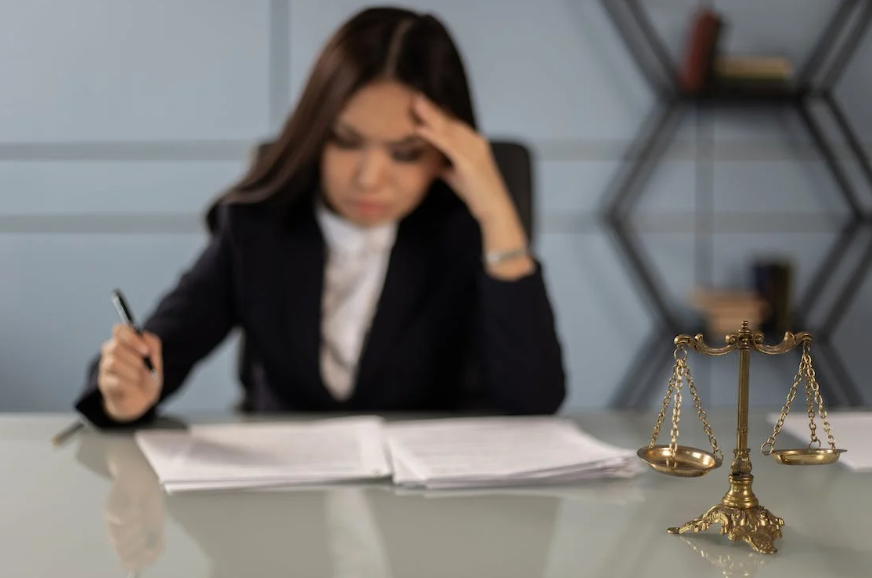A couple of weeks ago, I was blessed to attend a conference produced by the Alabama Federalist Society, an organization of conservative, libertarian, and originalist lawyers and judges. Conference attendees benefited from panels of Attorneys General, federal judges, former clerks of Chief Judge Pryor, and legal scholars.
I won’t regale you with all the super awesome legal theories discussed. But I will tell you about one aspect that I think the bar needs to pay attention to: The necessary tool of originalism.
A panel of federal judges spoke extensively on the rising role of originalism in the courts. Other writers for 1819 News have explained originalism, so I will not spend much time on the theory itself, but briefly stated, originalism is the theory that law should be interpreted by the words of the statute in light of the original public meaning of those words. For example, what the word “arms” in the Constitution’s Second Amendment meant to Joe Farmer in the late 1700s is what we will interpret “arms” to mean. Originalist proponents will not go beyond the words of the statute and what it meant at that time. Common sense, right?
In the last two decades or so, this theory of legal interpretation has grown in strides largely thanks to Justices Scalia and Thomas. Today, a majority of Supreme Court justices and many lower federal judges are originalists, as are most justices on the Alabama Supreme Court.
With such strong support for originalism, you would think schools and the bar would be training attorneys to argue their cases from this interpretation, right?
Wrong! Law schools largely don’t talk about originalism. The Continuing Legal Education (CLE) classes put on by the bar don’t address it either. They have CLEs on racism, women in law – don’t ask me why that even matters because I have no idea – and keeping up with health. But not originalism.
You don’t have to agree with originalism to understand that if a judge is looking for that argument to determine their ruling, you should probably be prepared to give that argument in order to win the case for your client. That’s just good advocacy.
Instead, we have lawyers going before the Alabama Supreme Court arguing based on equity, outside case law, and statutes interpreting statutes. Watch any oral argument at the Alabama Supreme Court and you’ll see what I mean. Those arguments can help … but the judge is looking for you to explain the meaning of the statute in dispute. You are not helping your client by not talking about that.
Lawyers, agree or disagree with the theory, you have got to learn the argument. Failure to do so is a failure to represent your client to the best of your abilities.
Law Schools, spend at least a week talking about originalism. In your classes, talk about what the originalist perspective would look like with the subject you are discussing. Train your students to be able to make these arguments.
Alabama State Bar, there are several lawyers out there who understand originalism well and can argue it effectively. Have one of them record a CLE for you and put it on your website for lawyers to use as a resource. In a state where the Supreme Court is saying in their writings they want these arguments, the bar needs to step up and provide. I promise it will pay off more than the CLEs on women in law.
Laura Clark is a wife, mother, and community activist. She currently serves as the interim president of Alabama Center for Law and Liberty, a conservative nonprofit law firm that fights for limited government, free markets, and strong families in the courts.
The opinions expressed in this column are those of the author. The views and opinions expressed here are those of the author and do not necessarily reflect the policy or position of 1819 News. To comment, please send an email with your name and contact information to Commentary@1819News.com.
Don't miss out! Subscribe to our newsletter and get our top stories every weekday morning.










